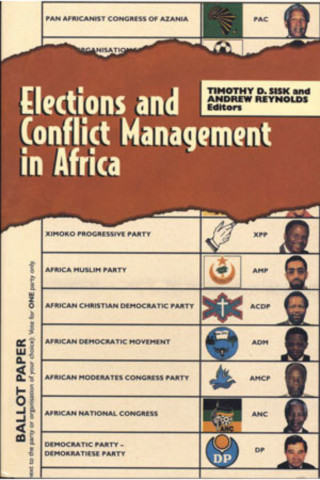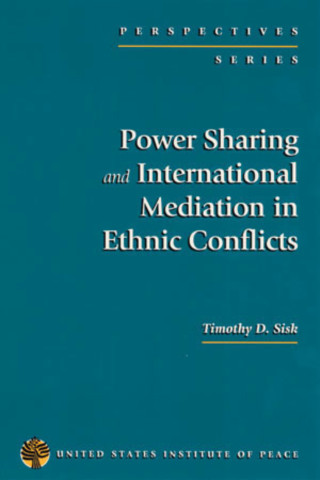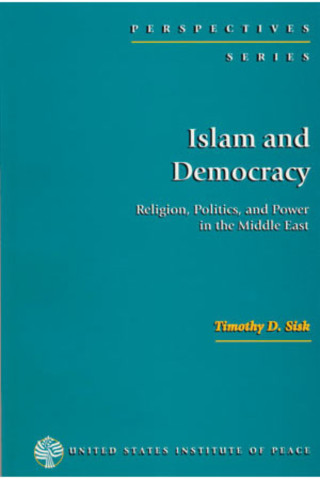Timothy D. Sisk
Dr. Timothy Sisk is Professor at the Josef Korbel School of International Studies. Dr. Sisk is presently chairperson of the University of Denver’s Institutional Review Board for Human Subjects Protection, a review body that oversees research for compliance with federal regulation and advancement of contemporary best practices in human-subjects research. His research has focused on the management of conflict in deeply divided societies, especially those emerging from civil war. He has conducted extensive research on the role of international and regional organizations, particularly the United Nations, in peace operations, peacemaking, and peacebuilding with particular attention to the role of democracy and governance and electoral processes in conflict-affected countries. He is also an Associate Fellow of the Geneva Center for Security Policy, Geneva Switzerland. Prior to joining the University of Denver in 1998, Dr. Sisk was a Program Officer and Research Scholar in the Grant Program of the United States Institute of Peace in Washington.
Author's Books
Elections have emerged as one of the most important, and most contentious, features of political life on the African continent. In the first half of this decade, there were more than 20 national elections, serving largely as capstones of peace processes or transitions to democracies. The outcomes of these and more recent elections have been remarkably varied, and the relationship between elections and conflict management is widely debated throughout Africa and among international observers.
Elections can either help reduce tensions by reconstituting legitimate government, or they can exacerbate them by further polarizing highly conflictual societies. This timely volume examines the relationship between elections, especially electoral systems, and conflict management in Africa, while also serving as an important reference for other regions. The book brings together for the first time the latest thinking on the many different roles elections can play in democratization and conflict management.
Can power sharing prevent violent ethnic conflict? And if so, how can the international community best promote that outcome?
In this concise volume, Timothy Sisk defines power sharing as practices and institutions that result in broad-based governing coalitions generally inclusive of all major ethnic groups. He identifies the principal approaches to power sharing, including autonomy, federations, and proportional electoral systems.
In addition, Sisk highlights the problems with various power-sharing approaches and practices that have been raised by scholars and practitioners alike, and the instances where power-sharing experiments have succeeded and where they have failed. Finally, he offers some guidance to policymakers as they ponder power-sharing arrangements.
This volume explores the relationship between religion and politics generally, as well as the global wave of democratization in the late twentieth century, as background to different interpretations of political Islam. It analyzes the role of these movements in Iran, Algeria, Egypt, Jordan, the Persian Gulf (especially Saudi Arabia), and the Palestinian community.



